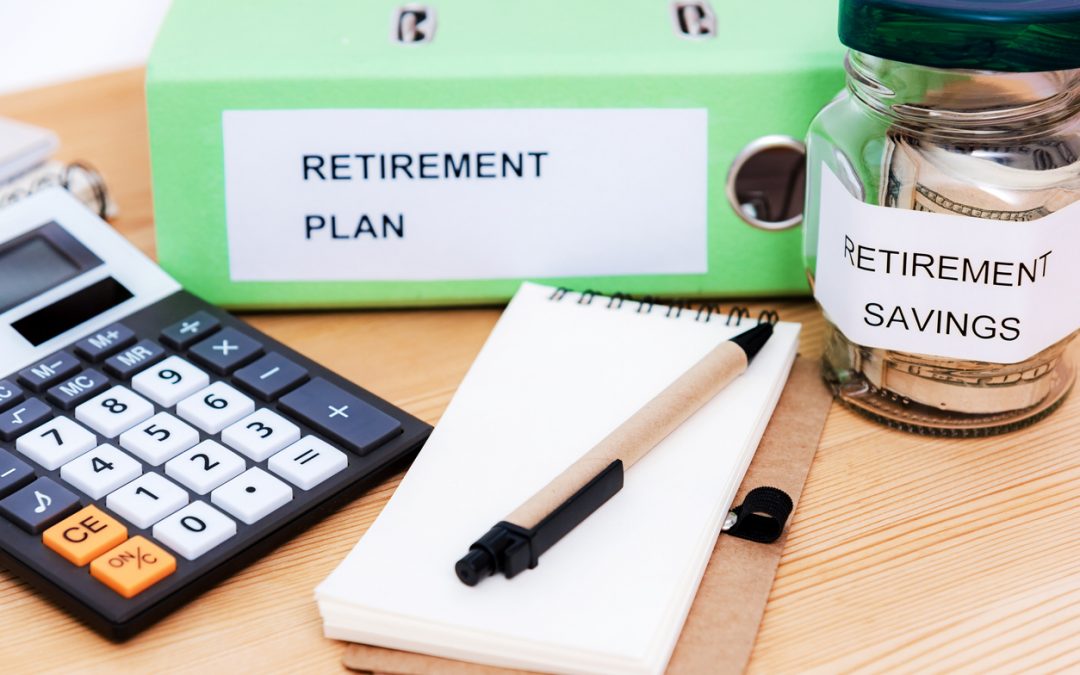
Your retirement income should be pretty steady right? You know what you are getting and probably adjust your spending accordingly. That’s the way many people think and for the most part that’s okay. But sometimes we aren’t aware of some of the risks, and mistakes, that can adversely affect our income in retirement. Here are some examples of retirement income risks.
Under and over spending
Many people are so worried about running out of money that they dramatically underspend. Those that do have often denied themselves a much more comfortable retirement. Then there are those of us that are a bit more gung ho and spend our savings very quickly and end up with nothing but the Age Pension to rely on. Nothing in reserve in case of unplanned expenses. Not knowing how long your money will last and either under or over spending as a result is risk number one.
Investing too conservatively
In years gone by there was a view that once retired you had quite a short time horizon for your investments. People weren’t expected to live long in retirement. In fact when the Age Pension was introduced in 1909 the life expectancy at birth for a male was 55 and 59 for a female. By the official retirement age of 65 people were only expected to live another six months on average. It made much more sense in that time to invest very conservatively.
Today many people are retiring around age 60 as they are able to access their super. Such retirees have a life expectancy of another 26 years, and many will live much longer. That’s a long time and investing wisely over that period is just as important when retired as it is when building your nest egg and planning for retirement. Our retirement forecasting consultations can help you understand the impact of different investment strategies on your income in retirement.
Inaccurate projections
When I was growing up weather forecasts were terribly unreliable, we used to joke about them. Picnics and days at the beach could be ruined by rain that wasn’t forecast. Nowadays they are much better and many of us have weather apps on our phone and can see the radar with those patches of blue and red that we want to steer clear of.
Some investment forecasts are also terribly unreliable and can affect your income in retirement just like my day at the beach was ruined. They assume every year will be average and generate say 5-6% returns. We all know that’s not the case and people adjusting their spending based on these simplistic forecasts can get themselves into difficulties. That’s why the team at Retirement Essentials created a retirement forecaster to take all these ups and downs into consideration.
Not knowing the rules – and missing out on your entitlements
This is a big one. So many people don’t get everything they are entitled to receive, or lose some of what they were previously receiving, because they don’t know the rules. We have written about this before highlighting some of the more common mistakes including:
- Not applying for the Age Pension on time
- Holding investment debt against the family home
- Breaching the gifting rules
- Overvaluing personal assets:
You can read more about some of the key rules and how they can work to your advantage in the following articles:
- Everything you need to know about Centrelink
- Five worst retirement money mistakes
- Are you Centrelink savvy?
Finally, Age Pension rates will increase from September 20th. You can check the rates in this week’s article. The increase is quite substantial so if you don’t already have your Age Pension your situation could be about to change. You can check your eligibility now – and again on September 20 when the changes come into place to see if you are now entitled to a pension. And if you would like to talk more about your retirement income risks and your income forecast you can book a consultation below.






Do I need to advise Centrelink if I have my long service leave transferred directly into my superannuation fund?
Hi Pamela. Centrelink won’t ask where your long service payment is going but you will be required to disclose the increased super balance. They may subsequently ask where the additional money in your super came from so you most likely will end up telling them about the payment